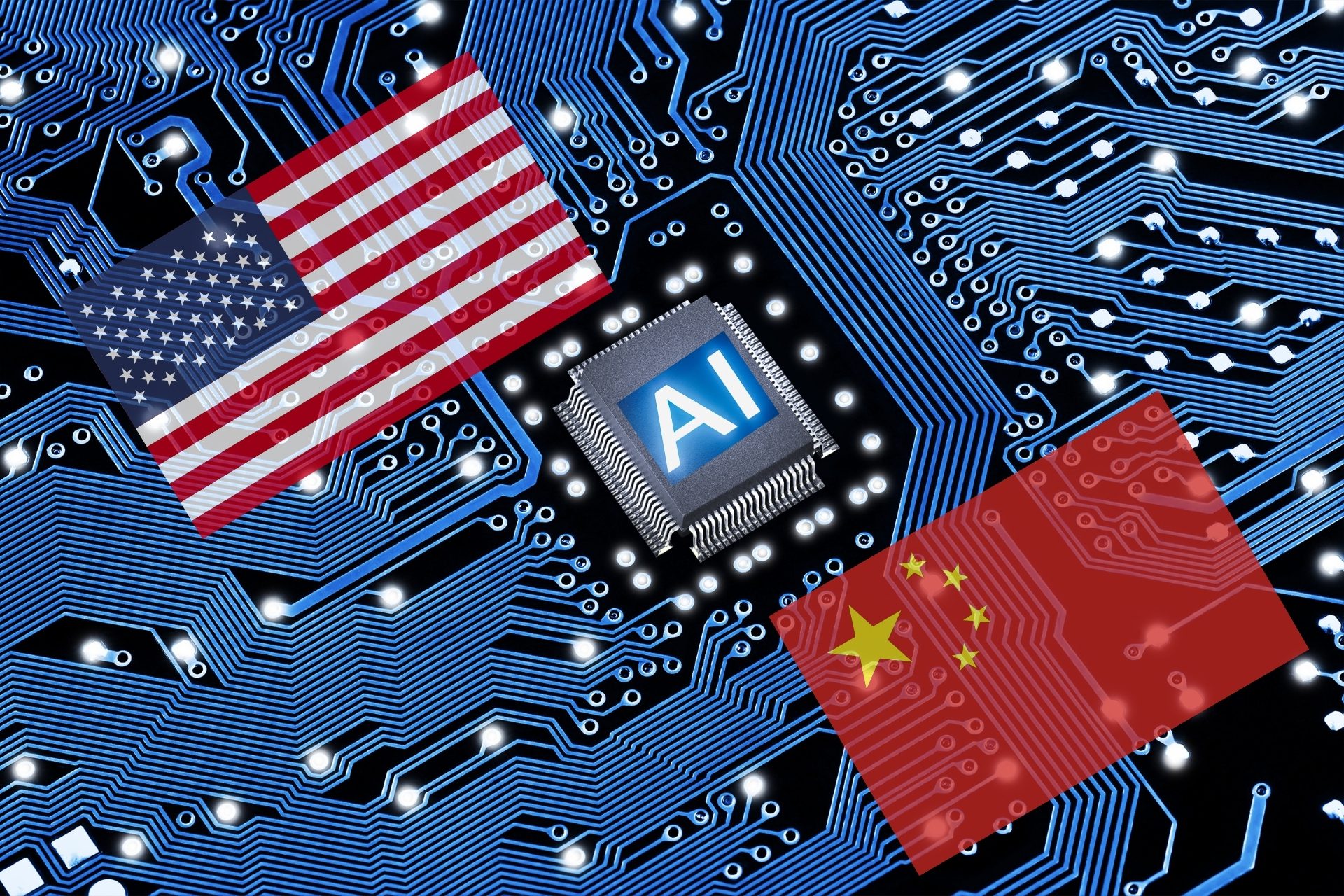The United States Department of Commerce has expanded its export control measures by adding over 50 Chinese entities to its trade blacklist, marking a significant escalation in efforts to restrict China’s advancement in artificial intelligence and semiconductor technology. The action, announced on March 26, 2025, specifically targets companies involved in AI development, quantum computing, and exascale computing capabilities.
This strategic move prevents American companies from supplying these blacklisted entities without explicit government authorization, effectively creating a barrier to China’s access to cutting-edge technology. The Bureau of Industry and Security (BIS) identified 80 organizations in total, with the majority being Chinese firms directly involved in military modernization efforts.
Among the targeted entities, 11 companies were specifically listed for their work on AI and supercomputers with military applications. An additional 13 Chinese firms were blacklisted for participating in unsupervised nuclear activities, while 27 organizations were cited for attempting to acquire U.S. technology to enhance China’s military capabilities.
U.S. Secretary of Commerce Howard Lutnick emphasized the significance of this action, stating, “We will not allow adversaries to exploit American technology to bolster their own militaries and threaten American lives. We are committed to using every tool at the Department’s disposal to ensure our most advanced technologies stay out of the hands of those who seek to harm Americans.”
The restrictions particularly focus on limiting access to exascale computing technology, which can process massive amounts of data at unprecedented speeds. This technology has become increasingly crucial for both civilian and military applications, making it a key concern for U.S. national security interests.
Two Chinese companies were specifically sanctioned for selling products to previously blacklisted entities, including Huawei and its chipmaker HiSilicon. The action also extends to organizations associated with the Test Flying Academy of South Africa (TFASA), which was added to the Entity List in June 2023.
The global impact of these restrictions is already becoming apparent, with Malaysia announcing plans to strengthen its semiconductor export controls following U.S. warnings about unauthorized transfers of advanced chips to China. This development highlights the expanding influence of U.S. trade policies on international technology commerce.
Industry experts suggest these restrictions could significantly impact China’s technological development trajectory, particularly in emerging fields like artificial intelligence and quantum computing. The measures are expected to create substantial challenges for Chinese companies seeking to advance their capabilities in these crucial sectors.
The action reflects growing concerns about technology transfer to China’s military sector and represents a continuation of U.S. efforts to maintain technological superiority in critical areas. As tensions between the two nations persist, these restrictions may lead to further developments in global technology trade policies and international relations.
News Source: CNBC









